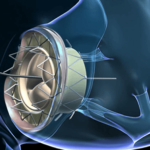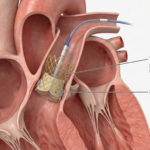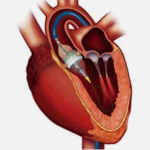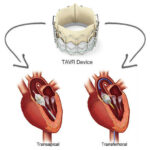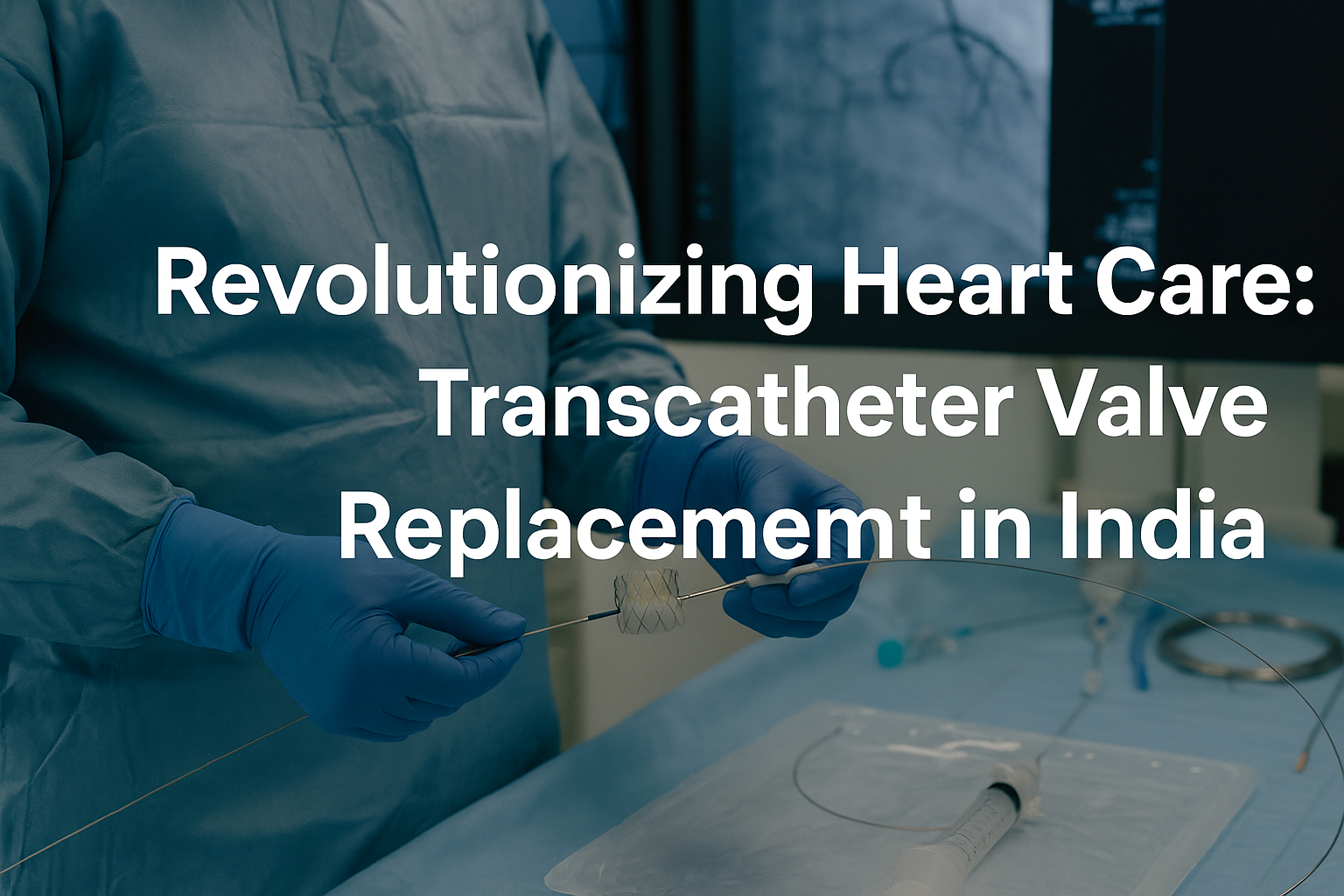 20 July, 2025
20 July, 2025
Revolutionizing Heart Care: Transcatheter Valve Replacement in India
In the realm of cardiac care, significant advancements have transformed the way we understand and treat heart conditions. A standout innovation is the Transcatheter Valve Replacement (TAVR), a minimally invasive procedure that is reshaping the future of heart valve surgery in India. Dr. A B Gopalamurugan, a pioneer in this field, shares insights into how TAVR is making heart valve replacement safer and more efficient.
Understanding the Need for Change
Traditional open-heart surgeries, while life-saving, come with their own set of challenges. The recovery process is often long and arduous, requiring patients to stay in the hospital for an extended period. As Dr. Gopalamurugan explains, the physical toll of such invasive surgeries can be particularly tough on elderly patients, often affecting their quality of life post-surgery.
With open-heart surgery, patients typically face a seven to ten-day hospital stay, coupled with a lengthy recovery period. The procedure itself is complex and involves significant risks, especially for those with pre-existing health conditions. This has led to a growing need for alternatives that can offer similar benefits with fewer complications.
The Emergence of Transcatheter Valve Replacement
Enter Transcatheter Valve Replacement, a groundbreaking approach that has been gaining traction globally. In 2010, Dr. Gopalamurugan and his team were among the first to introduce TAVR to India, marking a significant milestone in cardiac care. Since then, they have successfully treated hundreds of patients, offering them a new lease on life.
TAVR eliminates the need for open-heart surgery by using a catheter to implant a new valve. This procedure is performed through a small incision in the groin, allowing the catheter to reach the heart without opening the chest. The result is a significantly reduced recovery time, with most patients going home within just one to two days.
How Transcatheter Valve Replacement Works
The procedure itself is a marvel of modern medicine. Dr. Gopalamurugan explains that a plastic tube, or catheter, is used to guide the new valve to the heart. Once in place, the catheter is carefully maneuvered to replace the diseased valve with the new one. This method not only minimizes the risk associated with traditional surgery but also enhances the patient’s recovery experience.
The absence of large incisions or bone breakage means that the body can heal much faster. Patients often return to their daily activities within days, a stark contrast to the weeks or even months required after open-heart surgery.
Types of Transcatheter Valve Replacements
There are two main types of transcatheter valve replacements:
- Transcatheter Aortic Valve Replacement (TAVR): This is the more common procedure and involves replacing the aortic valve. It’s known for its efficiency and relatively straightforward execution.
- Transcatheter Mitral Valve Replacement (TMVR): This procedure is slightly more complex due to the position of the mitral valve within the heart. However, Dr. Gopalamurugan and his team have successfully performed the first TMVR in India, setting a precedent for future treatments.
Despite the challenges, TMVR offers immense potential for patients who previously had limited options. Dr. Gopalamurugan’s achievements in this field have paved the way for advanced cardiac care in the country.
A Record-Breaking Achievement
Dr. Gopalamurugan’s commitment to advancing cardiac care doesn’t stop at performing surgeries. His team holds a Guinness World Record for completing twenty TAVR procedures in just one hour. This remarkable feat involved coordinating with twenty leading heart centers across the globe, demonstrating the collaborative spirit of modern medicine.
This achievement not only showcases the efficiency of TAVR but also highlights the global effort to combat heart disease, which remains a leading cause of mortality worldwide.
The Future of Cardiac Care
The world of medicine is constantly evolving, and TAVR represents a significant leap forward in cardiac care. As Dr. Gopalamurugan points out, while traditional open-heart surgeries have saved countless lives, the advent of minimally invasive procedures like TAVR offers a safer and more efficient alternative.
For patients and their families, this means having more options and the possibility of a quicker, smoother recovery. The success of TAVR in India is a testament to the potential of medical innovation to improve lives and transform healthcare.
Frequently Asked Questions
What is Transcatheter Valve Replacement?
Transcatheter Valve Replacement (TAVR) is a minimally invasive procedure used to replace a diseased heart valve without the need for open-heart surgery. The procedure involves using a catheter to implant a new valve, significantly reducing recovery time and associated risks.
How does TAVR differ from traditional open-heart surgery?
Unlike traditional open-heart surgery, TAVR does not require a large incision or the opening of the chest. This results in less trauma to the body, faster recovery times, and fewer complications, especially for elderly patients or those with other health issues.
Who is eligible for TAVR?
While TAVR is suitable for many patients, eligibility depends on various factors, including the patient’s overall health, the severity of the valve disease, and other medical conditions. A thorough evaluation by a cardiac specialist is essential to determine the best treatment approach.
What are the risks associated with TAVR?
As with any medical procedure, TAVR carries some risks, including bleeding, infection, and complications related to the heart or blood vessels. However, the minimally invasive nature of the procedure generally results in fewer risks compared to open-heart surgery.
How long does it take to recover from TAVR?
Most patients can expect a significantly shorter recovery period compared to traditional surgery. Many are able to leave the hospital within one to two days and resume normal activities shortly thereafter.
Is TAVR available throughout India?
TAVR is becoming increasingly available across India, with several specialized centers offering the procedure. Dr. Gopalamurugan and his team are at the forefront, providing expert care and pioneering advancements in this field.






